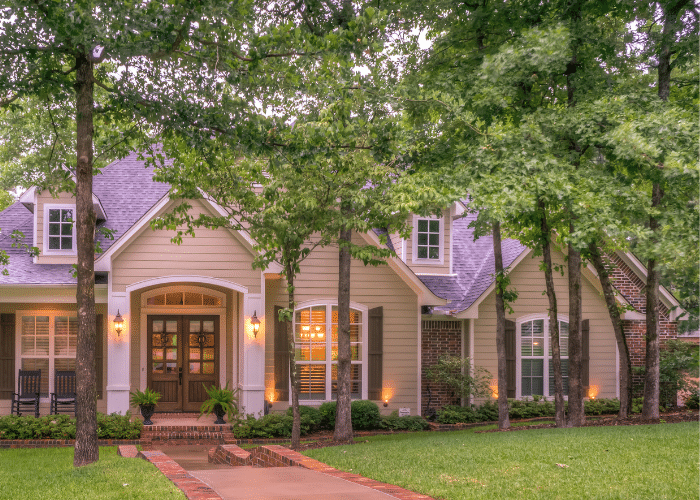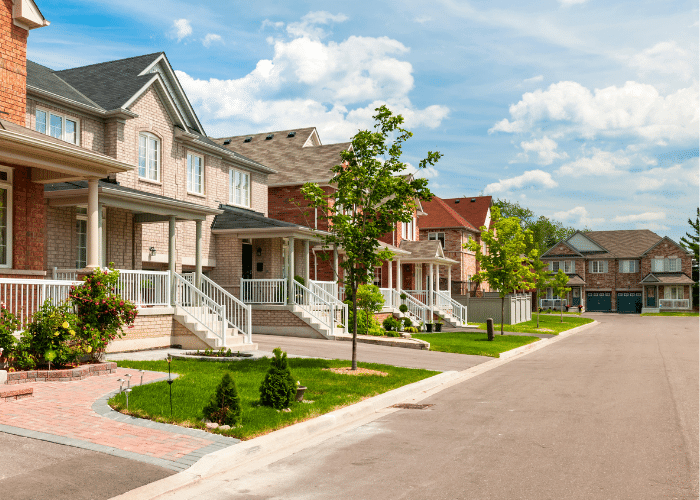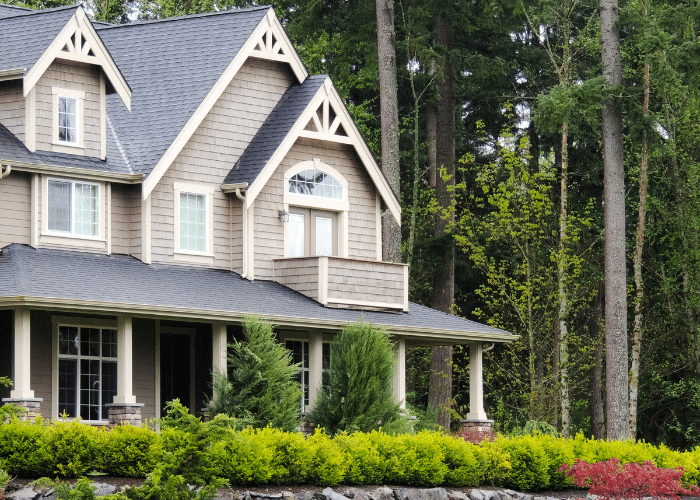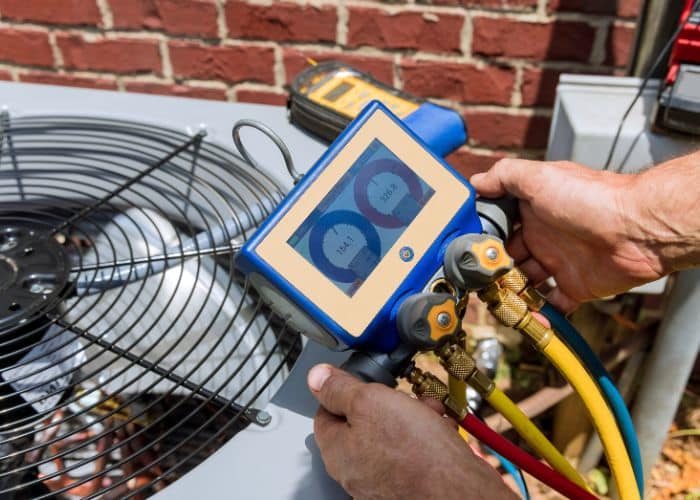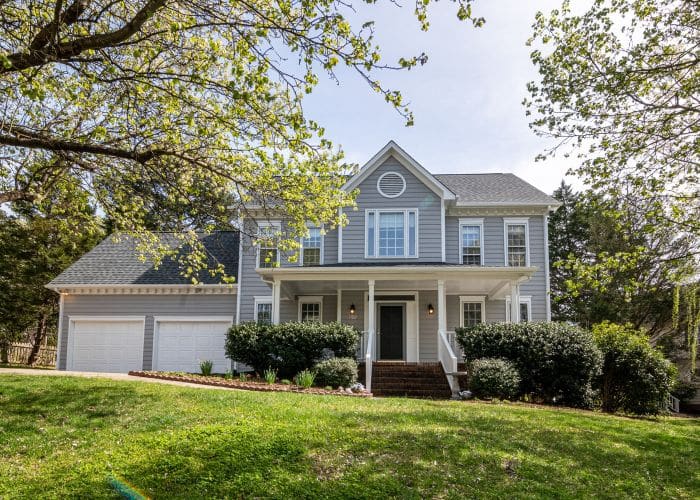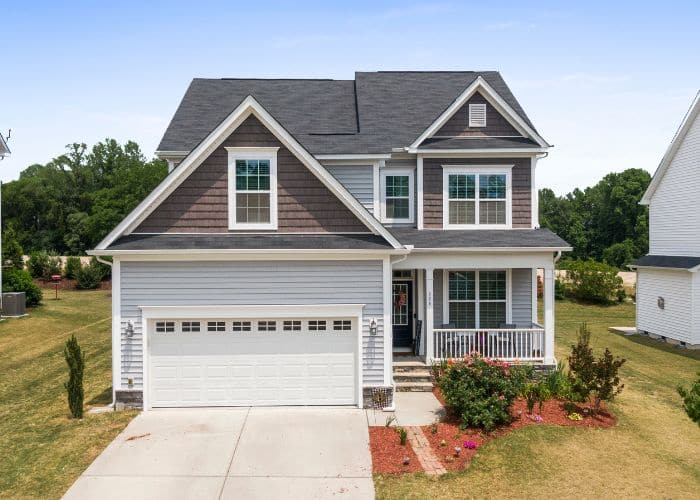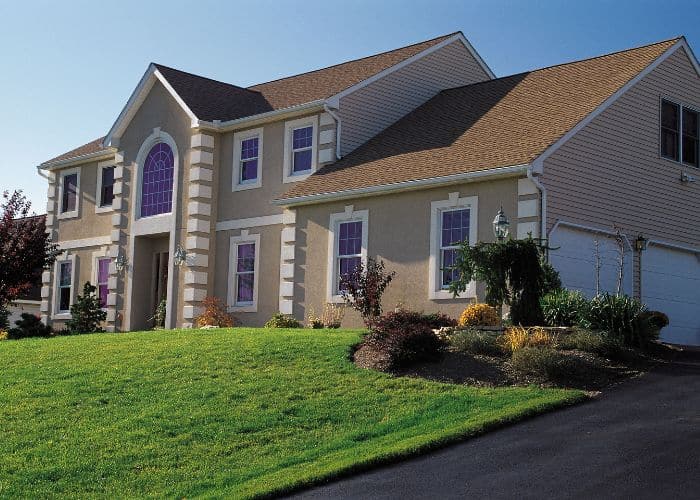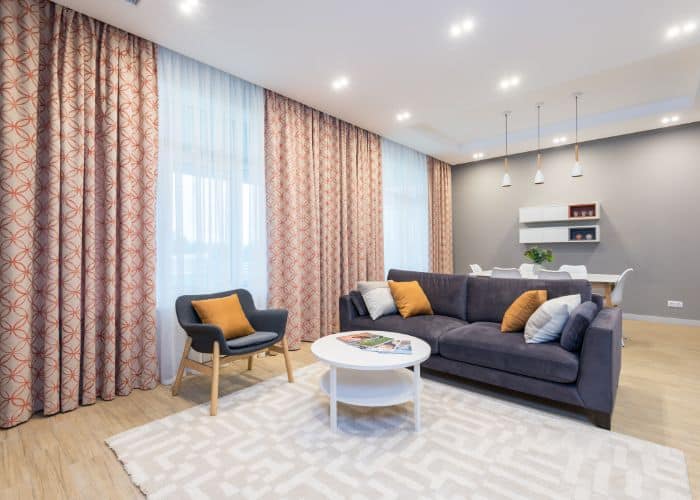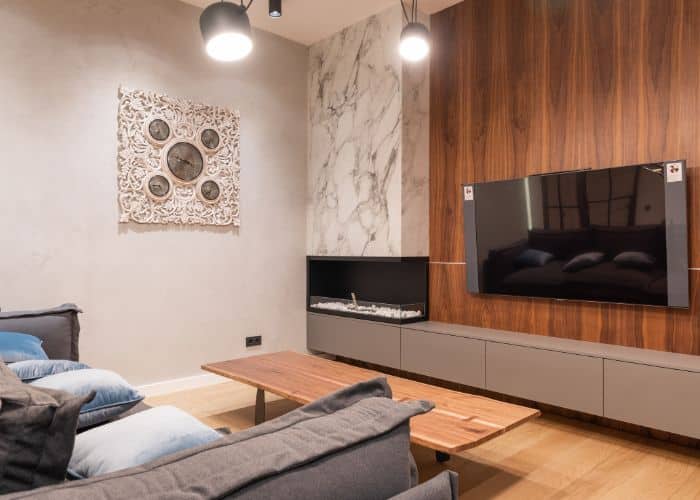How to Check Your HVAC for Winter Damage Before Spring Arrives
How to Check Your HVAC for Winter Damage Before Spring Arrives

When it comes to reliable HVAC services in Sacramento, homeowners and businesses need a company they can trust year-round. From scorching summer heat to chilly winter nights, your heating and cooling system plays a critical role in comfort, safety, and energy efficiency. That’s where Love and Care Heating and Air stands out as a trusted local HVAC provider dedicated to keeping Sacramento comfortable.
Sacramento’s Unique HVAC Needs
Sacramento’s climate presents unique challenges for heating and cooling systems. Hot, dry summers put air conditioners under heavy strain, while cool, damp winters demand dependable heating performance. Without proper maintenance, HVAC systems can lose efficiency, increase energy bills, or break down at the worst possible time.
Choosing a local HVAC company in Sacramento means working with professionals who understand these conditions firsthand. Love and Care Heating and Air designs solutions specifically for the region’s climate, ensuring systems operate efficiently and last longer.
Full-Service HVAC Solutions You Can Rely On
Love and Care Heating and Air offers comprehensive HVAC services in Sacramento, including:
Air Conditioning Repair & Installation – Whether your AC is blowing warm air or you’re ready to upgrade to a high-efficiency unit, our technicians provide fast, dependable service.
Heating Repair & Replacement – From furnace repairs to heat pump installations, we ensure your home stays warm and safe during colder months.
HVAC Maintenance – Routine tune-ups improve system performance, extend equipment lifespan, and help prevent costly breakdowns.
Indoor Air Quality Solutions – Cleaner air means a healthier home. We offer filtration, purification, and ventilation options tailored to your needs.
By offering everything under one roof, Love and Care Heating and Air makes it easy to keep your HVAC system in peak condition.
Energy-Efficient HVAC for Sacramento Homes
Energy efficiency is a top concern for Sacramento residents, especially with rising utility costs. Upgrading to modern HVAC systems or maintaining existing equipment can significantly reduce energy consumption. Love and Care Heating and Air specializes in energy-efficient HVAC solutions, helping homeowners save money while reducing their environmental impact.
Our team evaluates your home’s size, insulation, and usage patterns to recommend the most efficient heating and cooling options available, without unnecessary upsells.
Why Choose Love and Care Heating and Air?
With so many HVAC companies in Sacramento, why do customers continue to choose Love and Care Heating and Air?
Local Expertise – We know Sacramento neighborhoods, weather patterns, and building styles.
Honest, Transparent Pricing – No surprises, no pressure, just clear recommendations you can trust.
Skilled, Certified Technicians – Our team is trained to service all major HVAC brands and systems.
Customer-First Approach – We treat every home with respect and every customer like family.
Our reputation is built on quality workmanship, integrity, and genuine care for our community.
Schedule Your HVAC Service in Sacramento Today
Whether you need emergency repairs, seasonal maintenance, or a full system replacement, Love and Care Heating and Air is your go-to choice for HVAC in Sacramento. Don’t wait for a breakdown to address your heating and cooling needs.
Contact Love and Care Heating and Air today to schedule your HVAC service and experience comfort, efficiency, and peace of mind, no matter the season.

